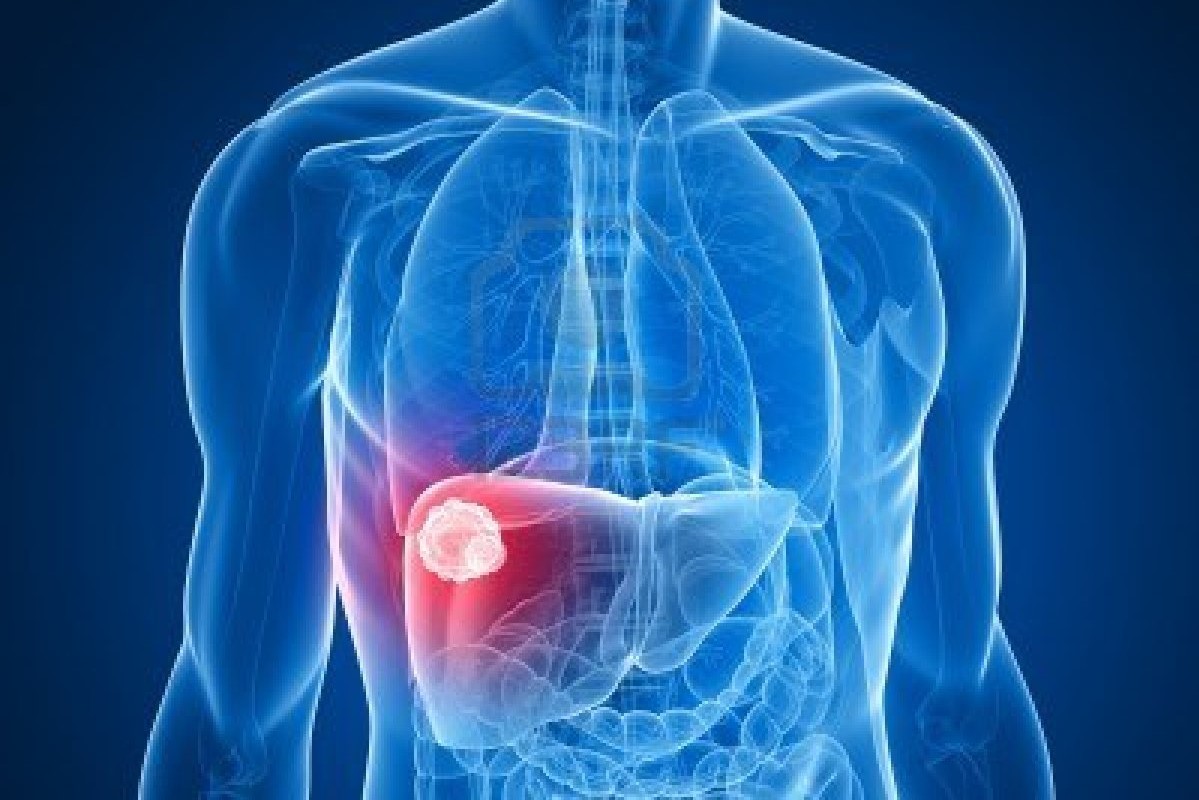
Elevated transaminases: what it means and what diseases it may be associated with
An increase in transaminases is a symptom that may indicate inflammation or damage to liver cells. When damaged, liver cells can release higher than normal amounts of transaminases (enzymes) into the bloodstream
In most cases the problem is mild and only temporary, but in some circumstances the increased transaminases may be associated with a more serious, sometimes chronic, liver disorder.
What diseases can be associated with elevated transaminases?
The following diseases can be associated with an increase:
- Food allergy
- Gallbladder stones
- Celiac disease
- Primary biliary cirrhosis
- Liver cirrhosis
- Hepatitis
- Myocardial infarction
- Hypothyroidism
- Wilson’s disease
- Mononucleosis
- Pancreatitis
- Pre-eclampsia
- Hepatic steatosis
- Liver cancer
Please note that this is not an exhaustive list and that it is always best to consult your doctor if your symptoms persist.
What are the remedies for transaminases?
To remedy the increase, the underlying causes must be identified and treated appropriately.
After detecting higher than normal levels of liver enzymes, the doctor may prescribe further tests to make a complete diagnosis and, on the basis of these, prescribe treatment.
When to see your doctor if your transaminases are high?
If your doctor considers it necessary, he or she will ask you to have your blood transaminase levels analysed, and only your doctor can interpret the test results correctly.
Read Also:
The Different Types Of Hepatitis: Prevention And Treatment
Chronic Inactive Hepatitis B: What It Is And What It Means


